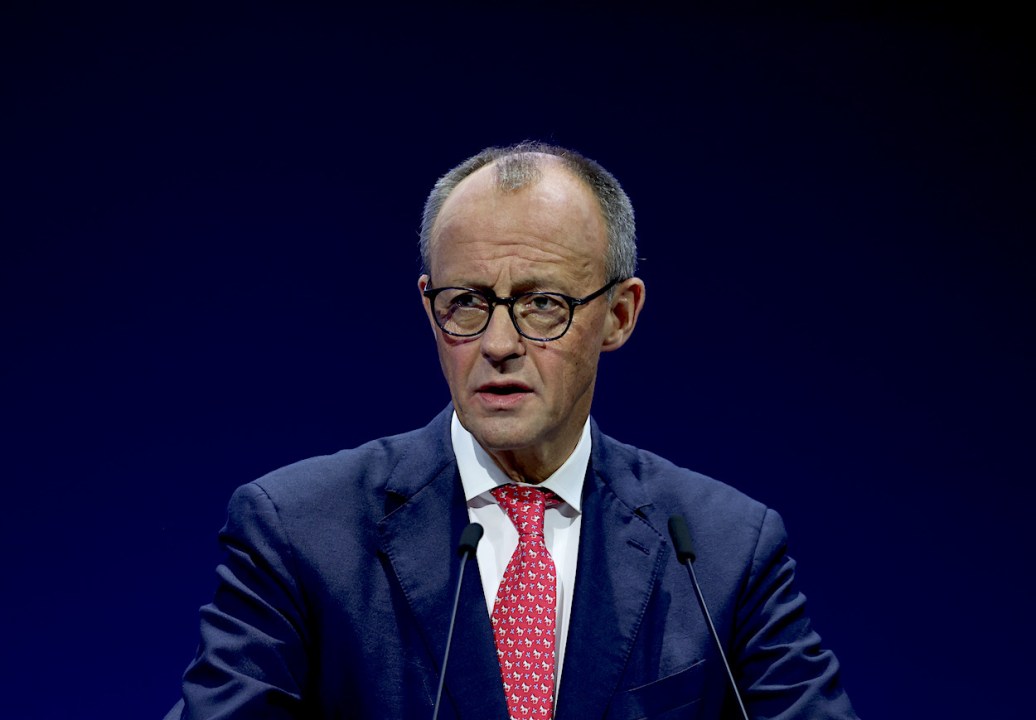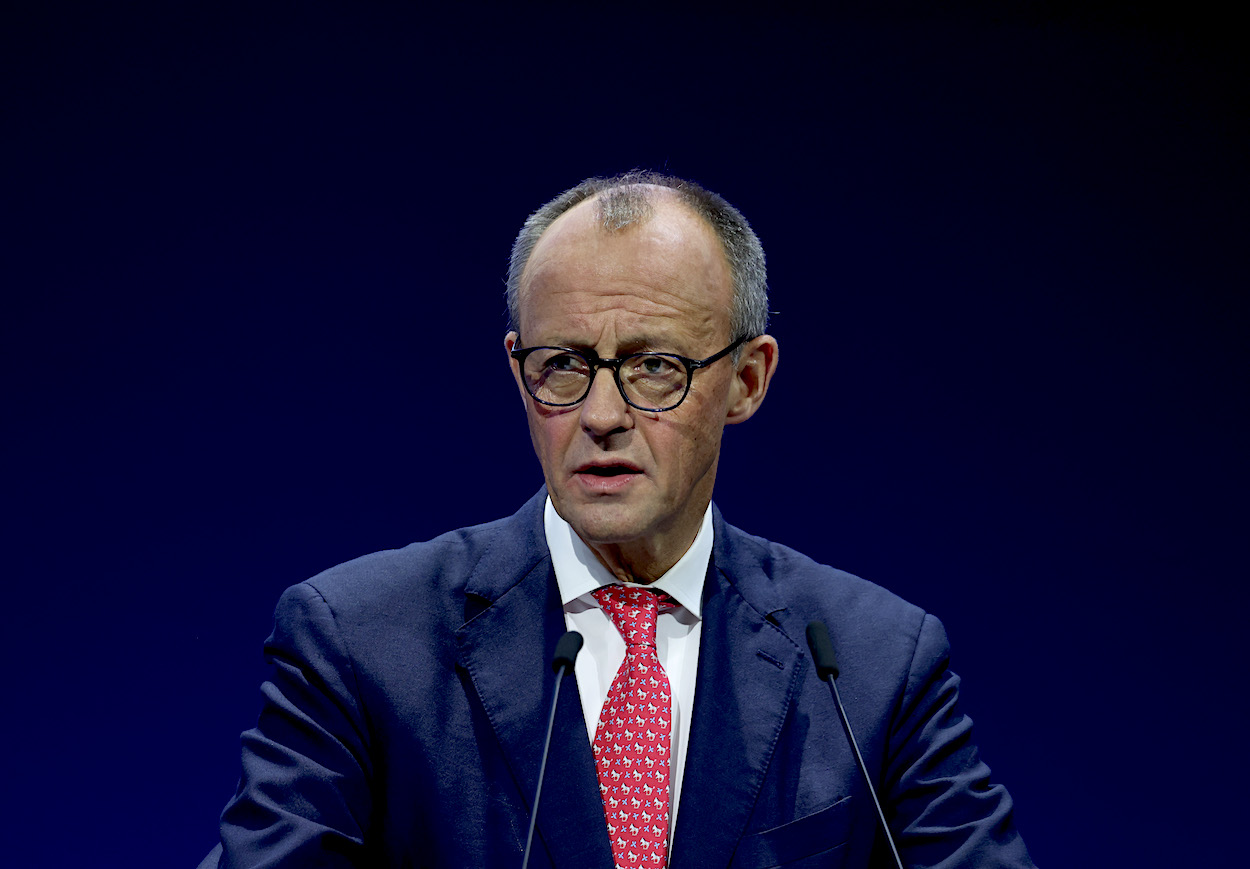‘We live in one of the most beautiful countries in the world,’ began a seemingly innocuous speech by German Chancellor Friedrich Merz last week. The words that followed earned him the wrath of the largest state in South America. Just back from the Cop climate summit in Belem, Brazil, Merz declared that his delegation had been ‘glad to return from that place’. When he’d asked the accompanying journalists if anyone would like to stay, ‘nobody raised their hand’.
Appearing to compare their country unfavourably to Germany, Merz’s remarks offended many of Brazil’s leaders. President Lula hit back by suggesting Merz should have gone out to a bar or dancing in Belem before passing judgment because ‘then he would have realised that Berlin doesn’t offer him 10 per cent of the quality that the state of Para and the city of Belem offer.’ Yet Merz won’t apologise, with his office insisting he was merely exhausted after a long journey. In their view, no damage was done to German-Brazilian relations.
Unfortunately, Merz’s team doesn’t get to decide whether Brazilian politicians are offended by his remarks. Tempers certainly flared up. The mayor of Rio de Janeiro, Eduardo Paes, reacted on X by calling Merz ‘a Nazi’ and ‘Hitler’s son’. The post was quickly deleted, and Paes later attempted to reset the tone, praising the friendship between Brazil and Germany. But the fact the comment was written at all shows how emotionally charged the reaction has become.
Merz may wish this to be a storm in a teacup, but his words as chancellor have weight – however improvised they may have been. Germany and Brazil enjoy a deep-rooted economic partnership. Germany is Brazil’s most important trading partner in Europe and among its most important globally. Around 1,600 German companies operate in Brazil, particularly in Sao Paulo and the southern states, contributing significantly to Brazil’s industrial output.
Germany, in turn, imports key Brazilian raw materials such as soy, iron ore, coffee and meat, while exporting machinery, cars, pharmaceuticals and other high-value goods. This is not a relationship where offhand commentary can be shrugged off. It’s one where mutual respect is essential for keeping trade, investment and industrial cooperation stable.
The Brazil episode fits into a broader pattern in Merz’s communication. He has a tendency to speak off the cuff in ways that cause more turbulence than he anticipates. Last month, there was backlash in Germany after he said there was a ‘problem’ with the way German towns and cities looked, which he linked to immigration without specifying whether he was referring to illegal immigration or Germany’s multiethnic society in general. In July, when he was asked whether he backed raising the Pride flag over the Bundestag, he said the building was the German parliament and as such it would fly the German and European colours. It would not change flags at will. After all, he added, the Bundestag was ‘not a circus tent’. Both were sentiments many Germans agree with in principle, but the way they were phrased left too much room for interpretation on very sensitive issues.
His acerbic communication style has strained relations within his own camp. He is currently involved in an acrimonious dispute with the youth wing of his conservative CDU party over pension reform. Instead of acknowledging their concerns about the unsustainability of the current system for their generation, he lectured them at their own conference this week to be more ‘constructive’. This left many young party members feeling dismissed rather than heard. This was particularly painful for many who had long idolised Merz as the man who’d return the party to a more conservative footing.
Earlier this year, he attempted to secure the Green party’s essential support for softening Germany’s strict constitutional fiscal rules. This was a delicate matter. The Greens, in opposition rather than in Merz’s ruling coalition, owed him no favours. Yet Merz asked them to vote for his historic debt plan by leaving them a voicemail message rather than holding a direct conversation. The Greens accused him of ‘bad manners’.
There is a pattern in Merz’s refusal to apologise
There is also a pattern in Merz’s refusal to apologise. When people take offence, he often seems to view the misunderstanding as theirs to deal with, not his to address. That posture might project firmness, but in both domestic and foreign policy, it risks looking careless.
Leadership is not just about speaking plainly. It’s about recognising when plain speaking has caused real harm and showing the humility to repair it. Spontaneity can give a leader an air of authenticity, something many voters say they crave after years of rehearsed technocratic language, but authenticity without judgment can easily look like indifference to the impact of one’s words.
Germany does not necessarily need or want another colourless technocrat. But it does need a leader who understands that diplomacy, coalition management and international partnerships all hinge on communication. Until Merz balances his instinct for candour with an appreciation of its consequences, he will continue to generate unproductive crises that distract from his agenda and undermine the trust he needs at home and abroad.









Comments